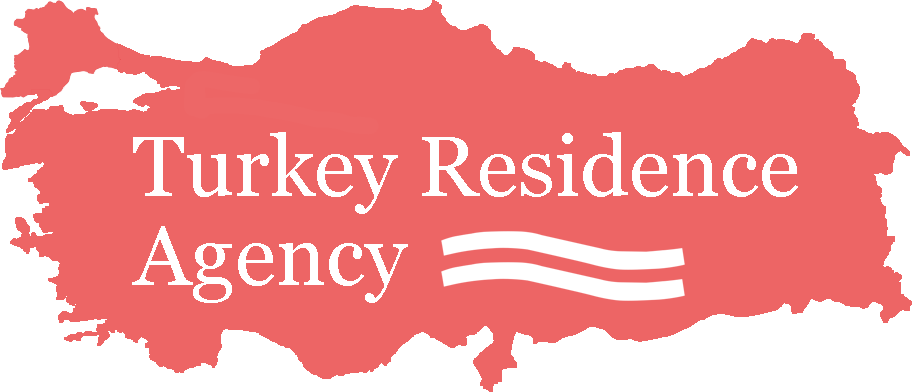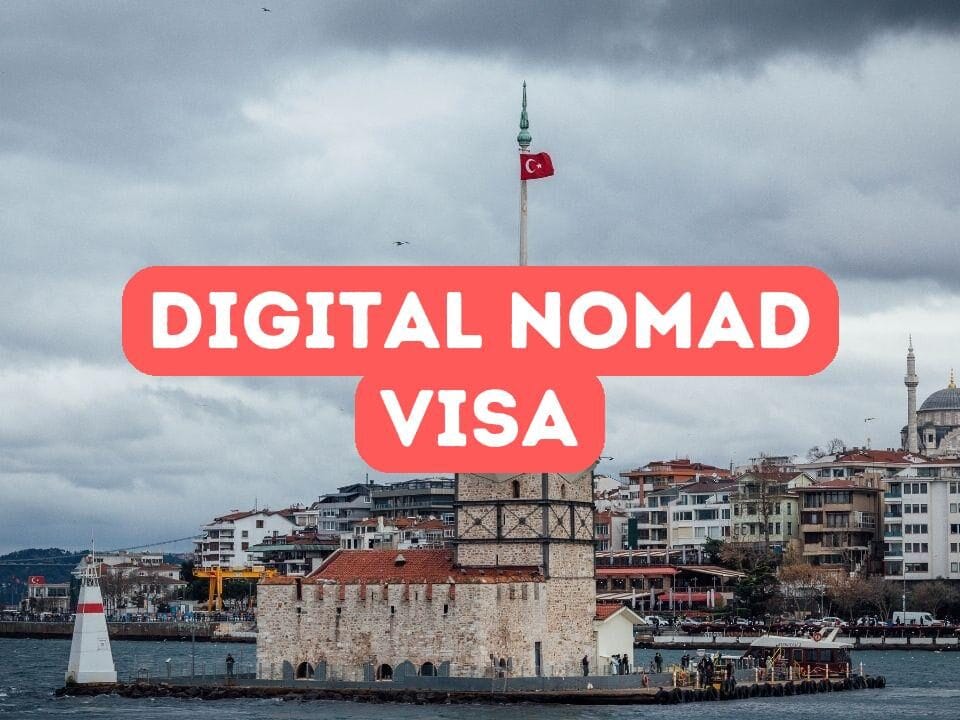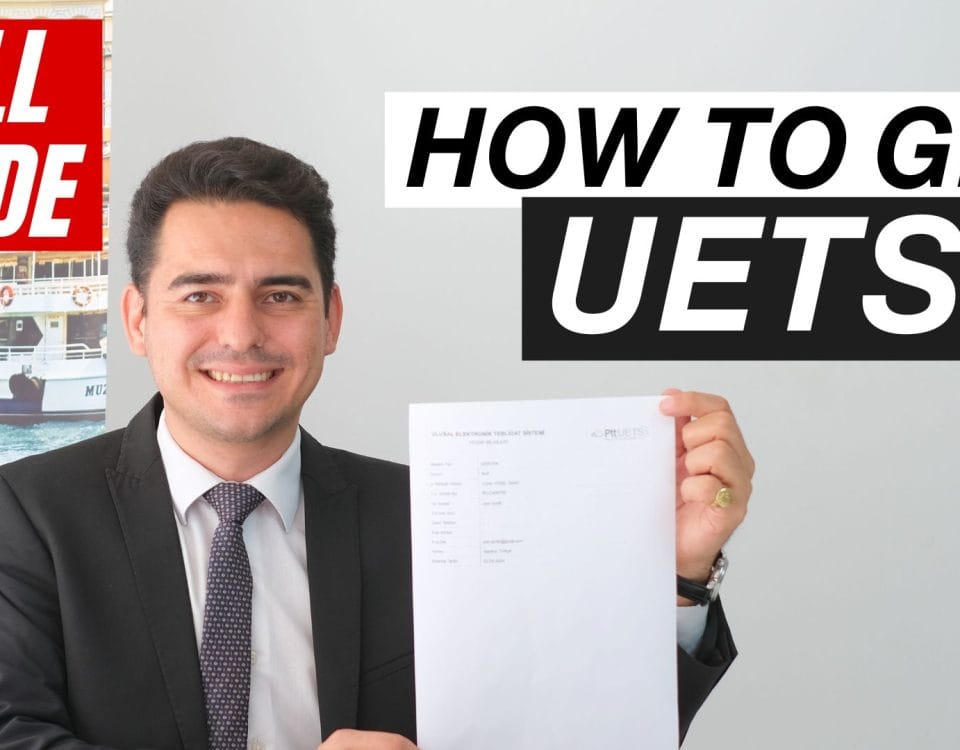Building Community in Turkey: Resources for Expat Residents
The allure of Turkey lies not only in its rich history, diverse culture, and stunning landscapes but also in the opportunities it presents for expatriates seeking to build a life overseas. For many expats, establishing a sense of community in a new country is paramount to a successful transition. However, adjusting to the nuances of Turkish life can pose unique challenges, from navigating legal processes to understanding social customs. As the number of foreign residents in Turkey continues to grow, a wealth of resources has emerged to aid their integration. These resources are tailored to empower expatriates with the knowledge and networks necessary to foster a sense of belonging and mutual support within their new environment. By tapping into language courses, cultural exchange programs, legal assistance, and expat-focused social groups, international residents can lay the foundations for a vibrant and interconnected community, thereby enriching their experience in Turkey.
Navigating Cultural Integration
One of the first steps to building community as an expat in Turkey is embracing the cultural tapestry that underscores daily life. This involves not only learning the language — which is key to unlocking deeper connections with locals — but also familiarizing oneself with Turkish customs, traditions, and social etiquette. Language courses specifically designed for expatriates offer a dual benefit of language instruction and cultural education, often incorporating lessons on local customs and norms to help newcomers avoid social faux pas and build rapport with native residents. Cultural integration also extends to understanding Turkey’s religious context, participating in local festivals, and even navigating the culinary scene, all of which are pivotal in fostering a sense of community and shared experience. Engaging with these cultural nuances allows expatriates to communicate more effectively, appreciate the subtleties of Turkish life, and cultivate meaningful relationships within their new homeland.
To further cement their place within the community, expats can seek out various cultural exchange programs and local meetups that provide immersive experiences. These initiatives not only facilitate a practical understanding of Turkish culture but also encourage interaction with native Turks who are often eager to share insights about their heritage. Joining local non-profits, volunteer groups, or attending cultural workshops can serve as invaluable platforms for expatriates to contribute to the community, learn new skills, and form lasting friendships. Moreover, such collaborative environments help to dissolve barriers and preconceptions, allowing expatriates to participate in the collective Turkish narrative actively. Through these shared efforts and experiences, expats do not merely live in Turkey;they become an integral part of the community’s fabric, celebrating its triumphs and navigating its challenges alongside their Turkish neighbors.
Amidst the vibrant bustle of Turkish life, online forums and social media groups also stand as crucial touchstones for expatriates seeking advice and camaraderie. These digital platforms enable newcomers to connect with a broader expat community, where experiences and knowledge about living in Turkey are exchanged freely. Questions about legal intricacies, recommendations for service providers familiar with expat needs, and announcements for community events are common threads that weave through these online conversations. Complementing offline efforts, these online resources provide a vital lifeline and a sense of immediate belonging, particularly for those still finding their footing. Ultimately, through a combination of in-person connections and online engagement, expats can navigate the cultural intricacies of Turkish society with greater confidence and ease, embedding themselves into the heart of their adopted country.
Establishing Social Networks as an Expat in Turkey
One of the most vital steps an expat can take in Turkey is actively seeking out social networks that resonate with their interests and circumstances. Various expat community groups and online forums, such as InterNations and Expat.com, provide platforms where newcomers can connect with fellow internationals and local residents alike. These platforms often organize regular meet-ups, cultural exchange events, and social outings that not only facilitate friendship but also help expats understand the cultural tapestry that defines their new home. By engaging with these communities, expatriates in Turkey can share experiences, seek advice, and find solidarity as they navigate the complexities of expat life. Furthermore, local community centers, international churches, and hobby-based clubs are valuable resources for establishing connections that can transform a foreign place into a familiar haven.
Beyond the digital realm, language presents both a barrier and a bridge for expats in Turkey. Enrolling in Turkish language classes not only equips newcomers with essential communication skills but also exposes them to fellow learners and native speakers, fostering organic relationships. Language courses offered by organizations like Tömer and various language schools throughout cities like Istanbul, Ankara, and Izmir, often include cultural immersion components that help expats grasp the subtleties of Turkish etiquette and humor. Additionally, municipalities and local NGOs sometimes offer free or subsidized language programs aimed at helping foreigners integrate more smoothly into daily life. Through these educational settings, expats do not merely learn a new language; they weave themselves into the fabric of Turkish society, laying the groundwork for an inclusive and supportive expat community.
For holistic integration into Turkish society, it’s equally important to engage in volunteer work or community service projects, which can deepen an expat’s connection to their new country. Organizations such as the Small Projects Istanbul and Habitat for Humanity Turkey offer opportunities for foreigners to contribute to local communities while simultaneously building enduring friendships and expanding their support network. Participation in these initiatives allows expats not only to give back to the society they are becoming a part of but also to appreciate the challenges and triumphs of everyday Turkish life. Additionally, involvement in such projects is an excellent way for expats to demonstrate goodwill, encouraging stronger bonds with local residents and showing a commitment to their adopted home that transcends cultural and linguistic barriers.
Accessing Support Services for International Residents
For many expats settling in Turkey, accessing essential support services is a pivotal step towards feeling at home. Networks such as Foreigners’ Communication Centers (YIMER) established by the Directorate General of Migration Management provide multilingual assistance to help navigate the complexities of residency permits, legal documentation, and access to public services. Additionally, local municipalities in expat-dense regions often have dedicated desks or personnel to address the concerns of international residents, offering guidance on everything from registering for utilities to local tax obligations. These official channels, when coupled with a variety of online forums and information centers, serve to demystify the bureaucratic aspects of Turkish living, allowing expatriates to focus more on building their new life with confidence and less on administrative hurdles.
Beyond governmental assistance, a network of non-profit organizations and community groups plays an instrumental role in smoothing the expatriate’s journey. These entities provide a more personal touch, often organizing events such as cultural orientation sessions, language exchange meetups, and informational seminars on local customs and laws. For instance, expat clubs and international associations across major cities like Istanbul and Ankara offer regular get-togethers, creating informal settings where newcomers can meet long-term residents and gain insights into the local way of life. These organizations also frequently act as advocacy groups, representing the interests of the expat community in broader discussions with civic entities, ensuring that the voices of international residents are heard and considered in community affairs.
Moreover, services aimed at promoting mental and emotional well-being are increasingly recognized as critical for expats dealing with the stress of cultural adjustment. Psychological support services tailored for the international community are available, offering counseling in multiple languages to address issues such as homesickness, cultural shock, and the unique challenges of cross-cultural relationships. These resources extend to online platforms, providing accessibility to those living outside major urban centers. In essence, the availability of these support services embodies a comprehensive approach to ensuring expats in Turkey can maintain a healthy balance in their personal and social lives, solidifying the foundation for a thriving and supportive expat community.






